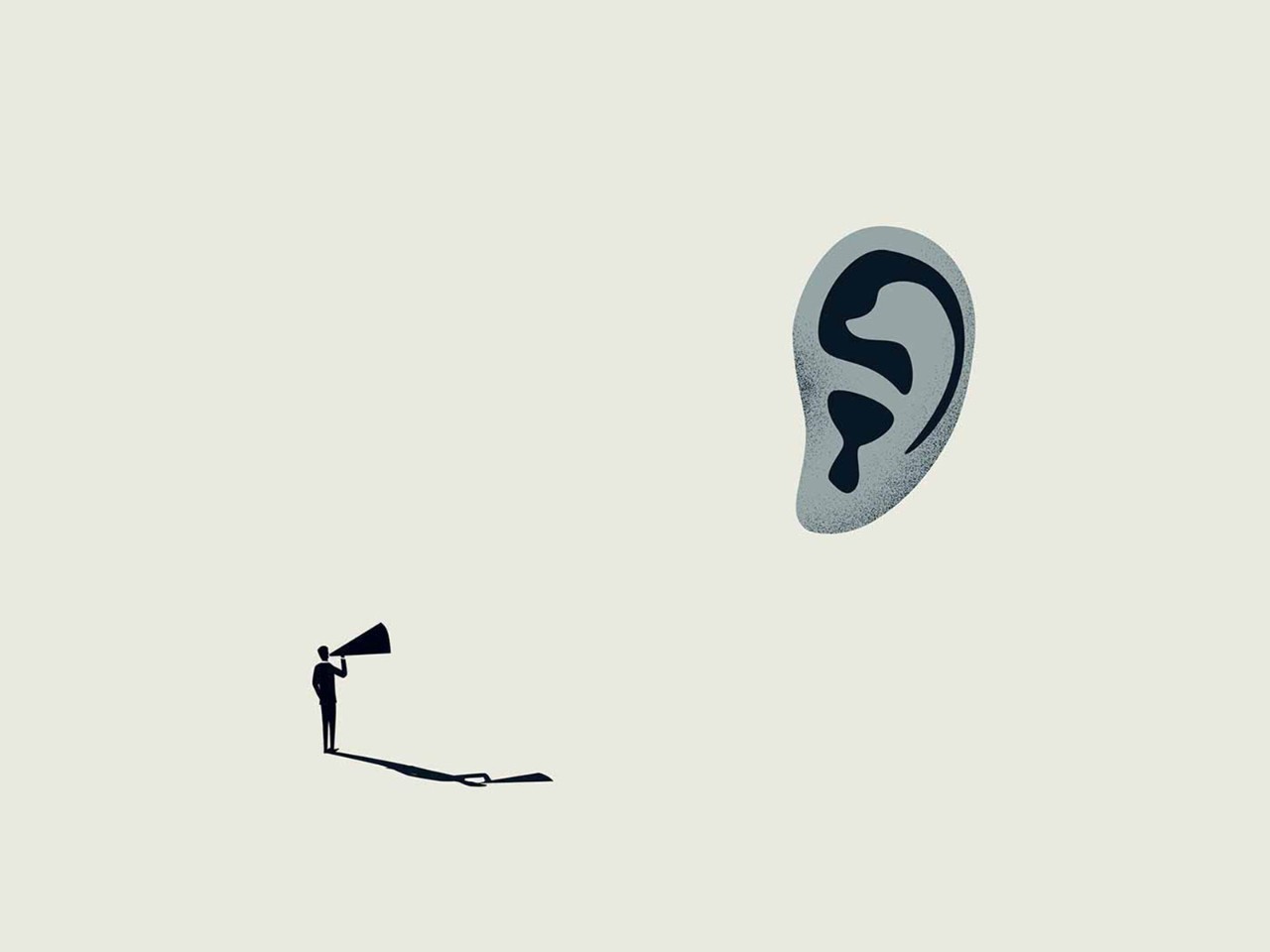
Can you say that you’re truly leading a happy life? While there’s no universal definition of happiness, one ancient Greek philosopher declared that to be happy is a life committed to knowledge and virtue. Of course, age, family life, financial circumstances and work can play a big part on our ability to find true happiness in life.
Happiness is increasingly about balance, fulfilment and authenticity
In a post-Covid world, the definition of happiness is increasingly about balance, fulfilment and authenticity, says award-winning business psychologist Simi Rayat, who wrote the recently published book Productivity Joy.
She says: ‘Happiness looks like feeling grounded despite being busy, pursuing passions and cultivating relationships that offer support and joy. There’s also a shift toward recognising the importance of self-compassion and living in alignment with personal values rather than societal expectations.’
People, then, are redefining happiness as more than just a fleeting pleasure. It is now about meaningful connections, a sense of purpose and emotional wellbeing.
Ranking fulfilment
We’re all encouraged to celebrate our own happiness on International Day of Happiness on 20 March each year, marked by the annual World Happiness Report, which ranks countries by happiness.
The Finnish philosopher Frank Martela says the ranking is based on a single question about the following scenario. Imagine a ladder with steps numbered from zero at the bottom to 10 at the top; and suppose the top of the ladder represents the best possible life for you, and the bottom the worst possible life for you. On which step of the ladder would you say you personally feel you stand at this time?
Thousands of people from each country answer this question for the happiness rankings, with an average calculated for each country, which is its happiness score.
Last year, Finland topped the overall list for the seventh successive year. The other Nordic countries are also some of the best places to be if you want to be happy. Denmark again took the number two spot, followed by Iceland (three) and Sweden (four), while Norway ranked seventh. Australia came in at number 10, despite the southern city of Melbourne ranking the fourth most liveable city in the world in a different survey.
Significantly, with a ranking of 23 last year, the US has fallen out of the top 20 for the first time since the first report was published in 2012, driven by a large drop in the wellbeing of Americans under 30. Afghanistan remains bottom of the overall rankings as the world’s least happy nation.
One surprise may be Israel coming in at number five, despite its war with Hamas. Its position may be explained by the rankings being based on a three-year average.
In comparing generations, people born before 1965 are on average happier than those born since 1980. While life satisfaction drops with each year of age among millennials, it actually increases with age among the baby boomers.
Steps to happiness
Martela, who works as an assistant professor at Aalto University in Finland, spends a lot of time contemplating the meaning of life. He believes happiness is about a person’s own feelings and how they see their life. ‘The key explanation for the Nordic happiness is institutions functioning well – free press, free speech, free elections, low corruption, extensive welfare benefits for citizens,’ he says.
‘A key factor in our happiness is our close relationships’
There are steps you can take to have a happier life, he says. ‘Do good things for other people. Having a positive impact in the life of other people has been shown to increase your own happiness. Invest in your relationships.
‘A key factor in our happiness is our close relationships. When they don’t work, that causes ill-feeling, but when you have people who care about you, and time to spend with them, this tends to be a key source of happiness.’
Rayat points out that happiness is influenced by a number of factors, including physical location and environment, community culture, relationships, having a sense of purpose at work, and self-care and mental health.
Happy at work?
Your job clearly makes a significant contribution to your happiness – or lack of it. New research into happiness from Australia by the employment marketplace Seek found that only half (55%) of Australians feel happy at work.
Researchers asked workers about a range of factors in life, including work-life balance and their senior management, to determine how happy they are with their work and overall life. The research analysis found that having purpose at work is the most important contributor to happiness, ahead of work-life balance and salary, which rank eighth and ninth respectively. Individual contribution and social connection are also significant in happiness levels at work, along with day-to-day responsibilities, company culture and stress levels.
Innovate yourself
So should you quit your job and head out in search of greater happiness? After all, digital nomadism has been steadily on the rise, enabling those brave enough to take the plunge to travel and work on the road. But amid a global cost of living crisis, giving up a stable job isn’t for everyone.
If you’re in search of more happiness, try shifting your focus. Rayat says: ‘When you’re feeling stuck, one effective way to improve your happiness is to reframe your thoughts. Start with small steps by focusing on the things you’re grateful for, which rewires your brain to notice the positive aspects of your life and hacks your brain’s natural negativity bias.’
And try changing your routine. ‘Sometimes, ruts form when we’re too deep in routine,’ Rayat says. ‘Doing something new – even a small change like walking a different route or taking up a hobby – can bring fresh energy and a sense of excitement to break free of stagnation.’


